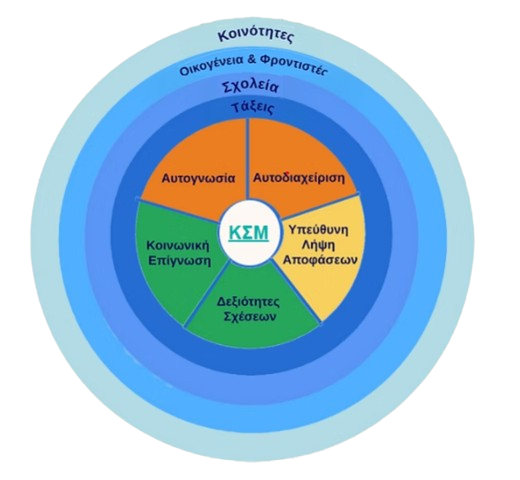Neuroscience is an exciting journey into the world of the brain - life’s most mysterious and fascinating laboratory. As a dynamic, interdisciplinary field, it explores the structure, function and evolution of our nervous system, combining insights from medicine, psychology, biology, linguistics and technology. By studying the brain’s complex processes, neuroscience reveals how our thoughts, emotions, decisions and behaviors arise — unlocking the limitless potential of the human mind and deepening our understanding of ourselves.
How does the brain learn? When is it most receptive to new knowledge? And what role do emotions play in shaping the learning experience?






